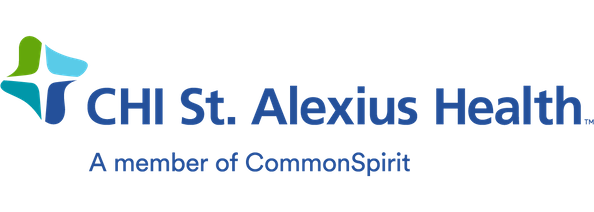- This is not a diagnosis. It's important to understand that this health questionnaire is not a diagnostic tool. The assessment does not provide a medical diagnosis and is not meant to be a substitute for professional medical advice from a qualified health care provider. Instead, think of this as an educational tool that provides insights designed to highlight potential risks based on the information you’ve provided. It's not meant to alarm you, but rather to empower you with information so you can make lifestyle changes that may help reduce your risk of developing certain health conditions.
- The health questionnaire is meant to serve as a conversation starter. Your insights report equips you with personalized information, helping you identify specific topics that you may want to discuss with your health care provider based on your unique risk factors. We've created downloadable lists of recommended questions to ask your primary care provider or specialist based on your specific risk level, as determined by your insights. Consider printing the list associated with your risk level and take it with you to your appointment to help start the conversation with your health care provider.
- Consult a health care professional. The insights from your health questionnaire are not a substitute for professional medical advice, diagnosis, or treatment. Always consult with your primary care provider or a qualified health care professional for any health concerns, diagnoses, or treatment decisions. They can offer personalized guidance based on a comprehensive understanding of your health.
Health Questionnaires
Take control of your health and learn if you are at risk for some of the most common health issues. It just takes a few minutes to take one of our online quizzes to learn about your risk factors for certain conditions.
Understanding Your Health Questionnaire and Next Steps
Q1: How accurate are my Health Questionnaires insights?
A: The health questionnaires insights are based on the information you provided and are aligned with generally accepted health guidelines. Insights depend on self-reported answers, may not include all risk factors, and the model may not be validated for all populations (e.g., by age, ethnicity, etc). It is an educational resource, not a diagnostic tool.
Q2: What should I do if my risk insights are categorized as 'High'?
A: A 'High' risk insight indicates that your responses include factors associated with an increased likelihood of certain health conditions. It is recommended that you discuss these results with your primary care provider, who can evaluate your overall health, confirm any concerns, and determine whether further tests or a referral to a cardiac specialist are appropriate. If you are experiencing urgent symptoms (for example, chest pain, shortness of breath, fainting, or sudden weakness), immediately call 911 or get to your nearest hospital’s emergency department.
Q3: Can I retake the Health Questionnaire?
A: Yes, you can retake the health questionnaires to see if lifestyle changes impact your results. We also recommended retaking the HRA if there has been a significant change in your health.
Health Questionnaires
HeartAware
More than 600,000 people die of heart disease every year. Learn about your heart health risk and your heart's real age today.
StrokeAware
Did you know, a stroke can happen at any age? There are many common health factors that can contribute to a stroke. Learn where you stand with our online questionnaire.
JointAware
Joint pain can be debilitating. Find out if it's time to see a specialist with our free joint health questionnaire, and connect with some of the top joint experts in the region.
